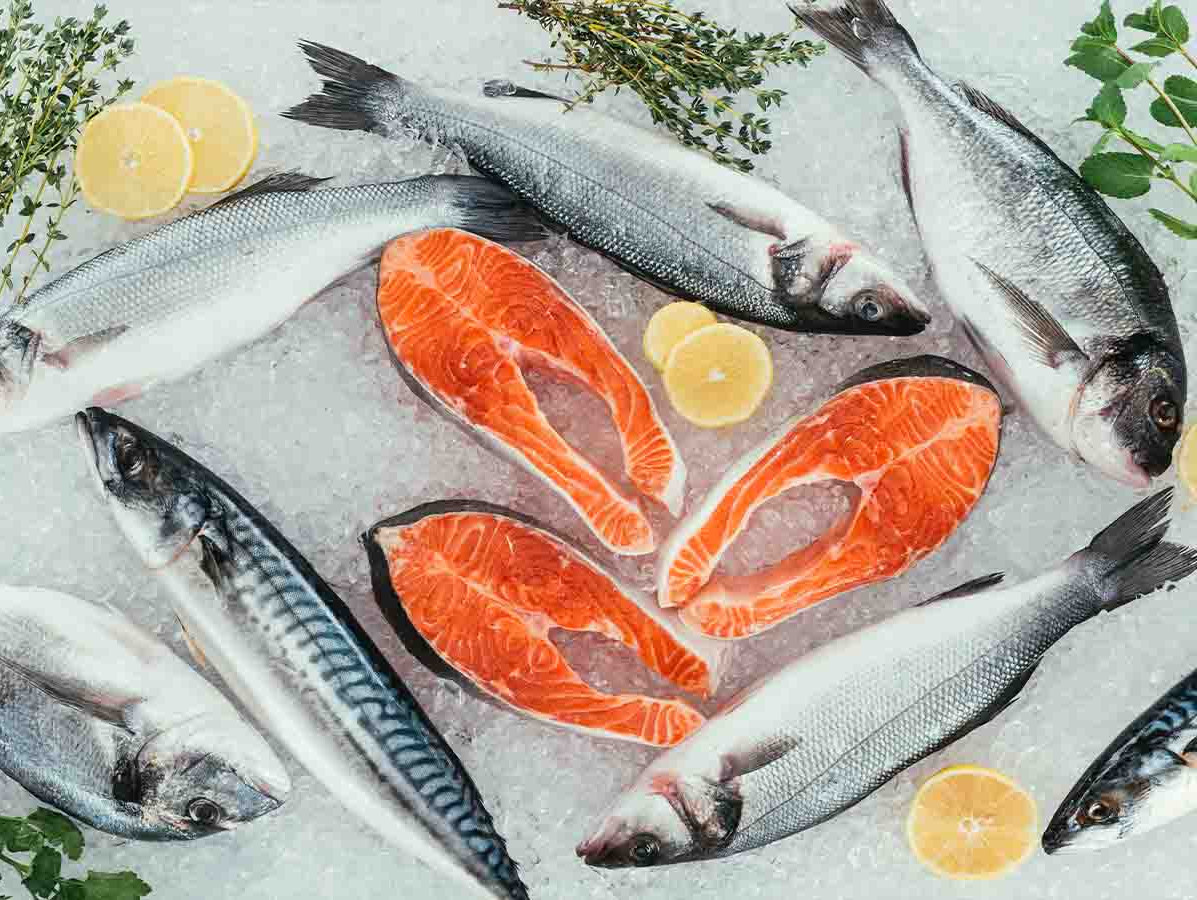
More and more Dutch people are consciously opting for fish over meat due to environmental considerations, as revealed by recent findings from the Marine Stewardship Council (MSC) and Aquaculture Stewardship Council (ASC). This trend was underscored during the "Conscious Fish Week".
A study by the Future of Food Institute indicates that 31% of the Dutch population is now choosing fish over meat more frequently. This choice reflects a growing recognition of sustainability; 65% view fish as a component of a sustainable diet, in contrast to the 39% who say the same for meat. However, 30% still find making the switch from meat to fish a challenge, despite their inclination to do so.
There's a positive shift in consumption patterns; 27% of the Dutch are consuming more fish than they did a year ago, with health benefits (62%) and sustainability (35%) as their primary reasons. When shopping in supermarkets, 42% look out for the MSC or ASC certification labels, with salmon, cod, tuna, and shrimp emerging as the most popular choices.
Christien Absil from the MSC emphasizes the importance of fish in a sustainable diet, especially because of its lower CO2 emissions during production and its high protein content. Esther Luiten from the ASC adds that responsibly farmed fish isn't only environmentally friendly, but also respects social and community aspects.
Fish consumption also offers significant health benefits; 82% of the Dutch regard fish as an integral part of a healthy diet. Fish, laden with nutrients such as zinc, iron, and omega-3 fatty acids, is vital for health. Absil also stresses the importance of sustainability beyond just consumption: reducing fish waste and repurposing leftovers for dietary supplements and animal feed. However, only 30% check for certification labels when purchasing fish oil.
Source: MSC